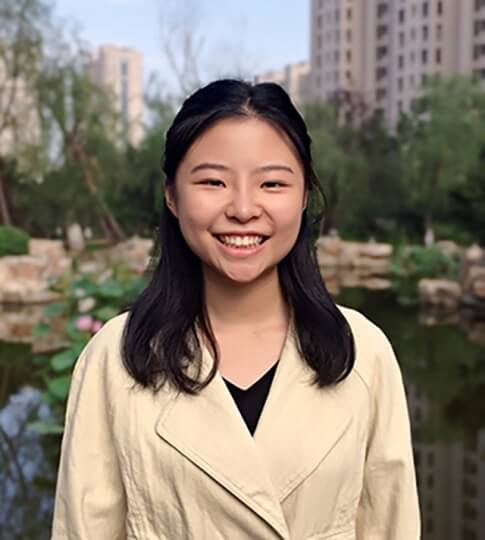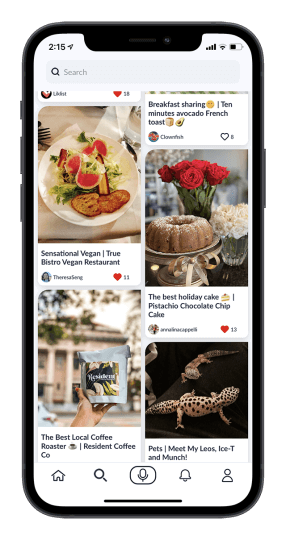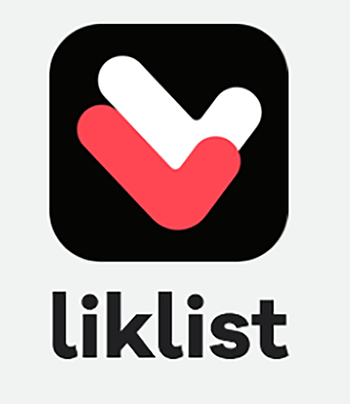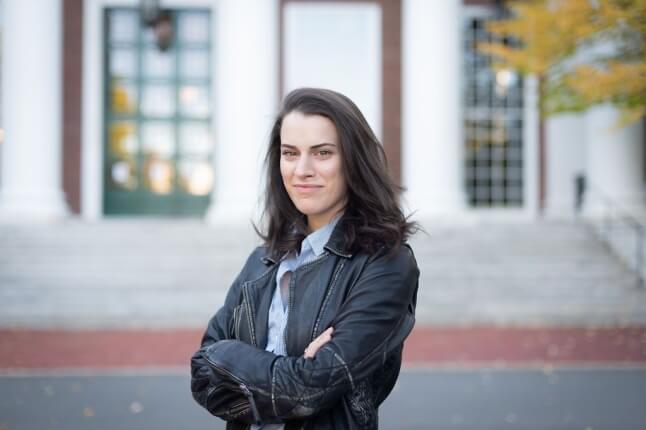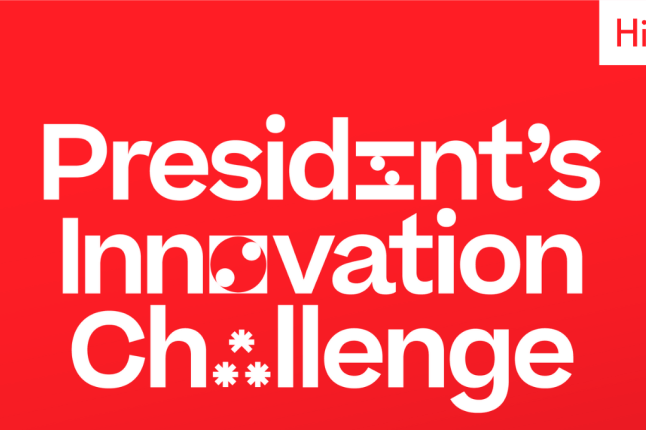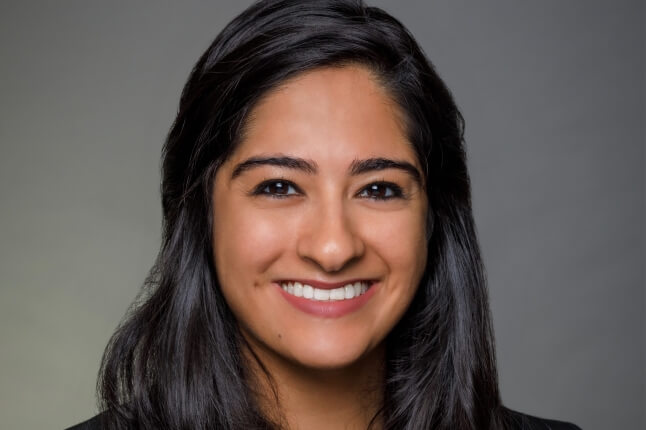News
When Wanxi Yang moved to Cambridge for grad school she was excited to explore a new city, but wasn’t sure where to turn for useful recommendations. She browsed social media sites, but didn’t find particularly helpful information.
“The problem with existing sites is that a lot of the information people give is very generic and repeated; it almost seems like they are copying each other’s answers,” said Yang, S.M. ’21, a student in the computational science and engineering program offered by the Institute for Applied Computational Science at the Harvard John A. Paulson School of Engineering and Applied Sciences. “I found that a more efficient way to get recommendations was to ask the people around me. Not only would they give a recommendation for a restaurant, for instance, they would also tell me what they thought was the best dish, or funny stories of when they went there.”
When Massachusetts went into lockdown during the early days of the COVID-19 pandemic, Yang thought back to her experiences as a Boston newcomer.
She decided to launch a social app, Liklist, to help people stay connected and share experiences. What sets Liklist apart from other social media sites is its focus on audio; users are encouraged to record and post voiceovers that give a first-hand account in their own words.
“By hearing others’ voices and hearing them talk about their experiences, I think that could create a more intimate and personal experience for the user,” she said.
Another important element of Liklist is its emphasis on the usefulness of posts.
“If you have a dog, you might just post a cute photo on Instagram and that would be it,” she said. “But on Liklist, you are encouraged to not only show how cute your dog is, but also how you train your dog, or the brand of food you fed your dog and how you’d rate it, so people would actually find it helpful.”
Posts on the platform fall into five categories: products, services, attractions, events, and life experiences and tips. Yang is initially focusing on the greater Boston area but hopes to expand the platform to other cities in the future.
Machine-learning algorithms determine which content a user sees, based on the number of likes, bookmarks, and comments a post receives, as well as a user’s location and interests.
The biggest challenges Yang faces are fine-tuning those algorithms and generating content to enhance the platform before she launches it more widely. Liklist is currently in testing, but Yang plans to launch a simple version within a few months.
Connecting with fellow founders in the Harvard Innovation Labs has been especially helpful as Yang has turned her idea into a viable business. She’s learned important lessons from iLab workshops, and seeing how other entrepreneurs pitch has helped as she prepares to begin fundraising.
With funding, she hopes to scale up soon, expanding the platform and attracting more users so she can begin working on a revenue generation system, through ads and e-commerce referrals.
While she knows much hard work lays ahead, Yang remains excited about the future of her startup.
“Every time I get a piece of positive feedback, it really gives me a lot of encouragement to keep moving forward,” she said. “Being able to reach more people, to provide a fun and useful platform for users that they enjoy, that gives me a sense of accomplishment.”
Topics: Entrepreneurship
Cutting-edge science delivered direct to your inbox.
Join the Harvard SEAS mailing list.
Press Contact
Adam Zewe | 617-496-5878 | azewe@seas.harvard.edu
